(Psst: The FTC wants me to remind you that this website contains affiliate links. That means if you make a purchase from a link you click on, I might receive a small commission. This does not increase the price you’ll pay for that item nor does it decrease the awesomeness of the item. ~ Daisy)
So you want to start a garden but have nothing. You’ve a plot of land and some ideas, but no tools and very little money. What can a Frugalite do? Well, lots, actually! This article discusses what cheap garden tools you’ll need and where to find them.
What cheap garden tools does a gardener actually need?
Let’s start with the obvious: what do we need?
Gloves, for one.
While it’s wonderful to have hands in the soil (and soil microbes are actually good for you), it’s a real bummer to find a thorny plant the hard way. Trust me on this one! Done that, been there.
In fact, I found I had thistles in my yard one day while doing tai chi barefoot. Now, I wear my yard sandals or tennis shoes when I go outside. I wear old pairs of shoes for this since they get muddy. To protect my hands, I’ve found that Kevlar-coated gloves are both cheap and well worth the money.
Pruners are another very handy tool.
One good, sharp pruner can be used on everything from tomatoes to small hedges. My Fiskars pruner will handle branches 3/4” thick and has nicely ergonomic handles. Be sure to have some kind of blade sharpener! Sharp tools cut much better.
Another of my favorite hand tools is my Fiskars tiller.
This works well in small spaces and doesn’t mess up my soil structure, as a rototiller does. Add in a limb lopper if you’ve got trees or branches in excess of what the bypass pruner can handle. Hand trowels are also very nice, especially if they have measurements on them. Buying a set can save money if you want new.
Other things you’ll need…
For in-ground and raised bed gardens, shovels, spades, a rake, and possibly a wheelbarrow are going to be other necessities. A garden hose, possibly some soaker hoses, along with a watering can if you’ve got container plants are also nice additions.
I use a hose that reaches my deck, connected to a nozzle that allows me to adjust the water flow. More money! And I haven’t even gotten to the small stuff, like a measuring scoop, seed starting trays, collars, scoops, and twine. As you can see, a basic tool set can add up quickly.
So, where do we get it all?
Where can we go to get it cheap or free? Is that even possible? You bet!
The first obvious place to get hand tools is the dollar store.
They sell pretty much everything in season, from cheap hand tools and small containers to even seeds. Their garden hoses kink, but they do deliver water to your plants and will work in a pinch. There was this time when my garden hose had an unfortunate meeting with my lawnmower, and that’s exactly where I went when fixing the hose wasn’t an option. (Added bonus: not being angry when my $5 hose meets my lawnmower blade.)
EBay, thrift stores, Craigslist, and freecycle.com, are all good places to look for stuff.
But caveat emptor! In the thrift store, you can at least see what you’re buying and have no worries about dealing with a stranger. The other places require some caution. Good deals can be found, however. Sometimes we can even find the most wonderful deals, free!
Rummage, moving, and estate sales are the next obvious option.
Keep an eye on your paper and cruise around! You’ll be surprised at what you can find, especially when the kids are cleaning out their parent’s old house. And don’t be afraid to bargain!
If you keep a sharp eye, you might even find something on the side of the road. Landlords often have to clean up after old tenants, and they’ll pile stuff on the curb for pickup. There might be things that can be…
Repurposed!
How about cutting an old plastic milk jug up to use as a scoop? Or cutting the bottom out of a plastic container for use as a collar to concentrate water around your plant? I’ve planted seeds in everything from old egg cartons to plastic food containers (be sure to poke drainage holes in the bottom.)
Worn vinyl tablecloths can be used to move heavy stuff around the garden, and old sheets can be used as row covers to keep tender plants from freezing at night. Towels, pantyhose, or old clothes can be cut up and used to tie heavy stems to trellises and heavy hammock fruits, such as melons.
Hemp twine is cheap! An old pocketknife is also very handy. I got a free one with a paid membership for one year. Other uses for old milk jugs include spraying with black paint and filling with water to keep the garden warm under its covers overnight. The jugs will absorb sunlight during the day and release it overnight, keeping the plants from freezing. Old jugs can also be used as cloches to make a tiny greenhouse. In fact, there’s a gardening method some use in colder climates that involves planting your seeds in repurposed plastic bottles of all kinds. This method is called winter sowing and can save a ton of work transplanting in spring!
Here’s more information on that method. And here’s a few ideas on repurposing items you may have lying around to make containers of various kinds. Remember that stuff you saw on the side of the road for free?
And where do we get the plants?
Buying seeds is a lot cheaper than seedlings, although I do recommend buying seedlings to my first-time gardeners for simplicity’s sake. Trying to learn it all in one season leads to frustration and failure, not success, and the advantages of buying seedlings are many.
By buying seedlings, the beginning gardener won’t have to worry about damping off disease, hardening out, or trying to figure out what varieties will do well locally. It’s a small investment that can really pay off. Look for seedling sales in your area.
For example, the high school across the street from my house sells seedlings, as does the local university and the county Master Gardener program. Theirs are usually cheaper than buying from garden centers by a good margin! The proceeds go to support good causes as well. An internet search can help you find them.
For those who want to try starting their own seeds, seed catalogs aren’t the cheapest place to buy.
Many grocery stores will have seed racks, and there will be some great sales towards the end of spring. Other options include seed swaps or giveaways. Your local extension office might have information on these. Joining a local gardening group can be another great source of where-to-find-cheap-seed information.
At the end of the season, save seeds that have worked well for you!
You’ll build up quite the stash over a very few years. YouTube has many videos on how to save seeds, especially tomatoes. Last year I received a mind-blowing pile of free seed as part of my volunteer work with the local Community Gardens program! I have packets I haven’t opened yet of pretty much everything I’d ever grow as a result.
One caveat: be aware of hybrid vs. open-pollinated and heirloom varieties.
Hybrids can be a bit dicey for saving as there’s no guarantee that the next generation of plants will much resemble the parent generation. For example, you’ll get a tomato, but it may or may not look like the plant you saved the seed from.
There are many ways to get both tools and plants free or very cheap! How do you get yours? Tell us in the comments below!
About Amy Allen
Amy Allen is a professional bookworm and student of Life, the Universe, and Everything. She’s also a Master Gardener with a BS in biology, and has been growing food on her small urban lot since 2010.
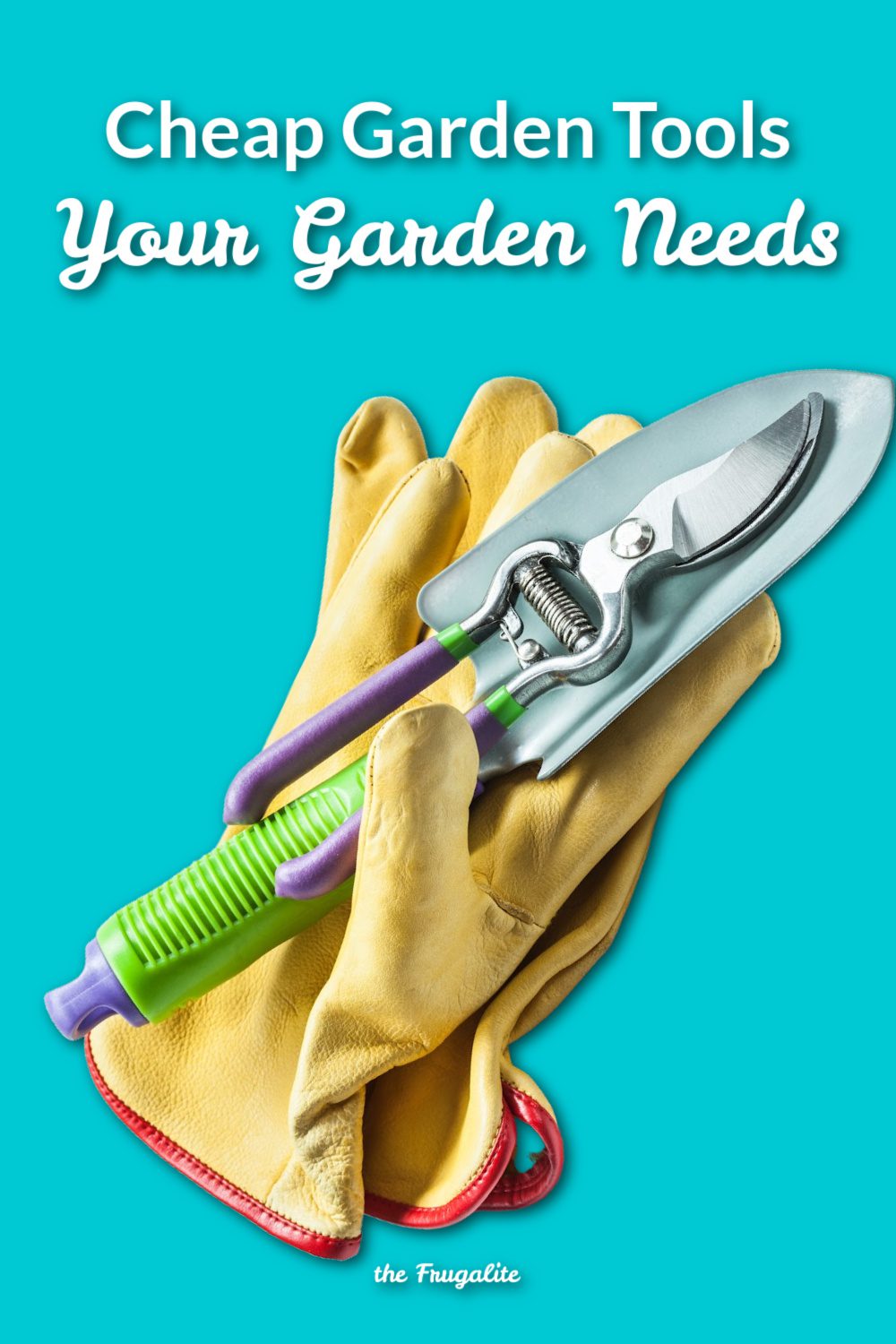

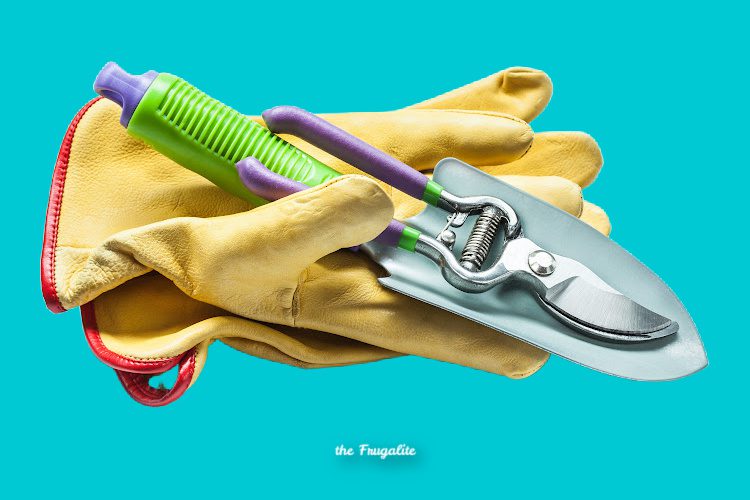

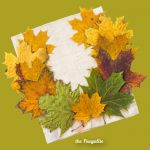


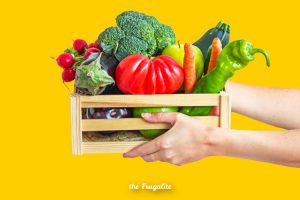


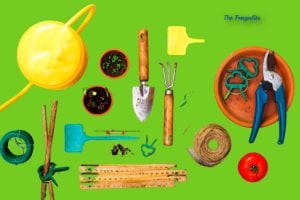

7 thoughts on “Cheap Garden Tools You Need to Grow Food”
Heirloom seeds are the best choice if you want quality plants. Hybrid food doesn’t have as much nutritional value as heirloom. I spent $$ on strawberry plants at local hardware & only had to do it once & then filled in following year to expand. Little did I know they were ever bearing (multiple/continuous harvests during spring/summer) & come back like perineal. Some veggies self sprout that can be used as plants to grow more.
I also learned that composting scraps helps soil & better growth for growing your own food plants/bushes/trees.
I have learned that raised garden beds/containers are easier to maintain & keep animals out of garden.
If you have local municipality that offers free mulch, compost, soil those are also great free/low cost resources.
start out with growing what you know you will eat. Though there are very easy to grow plants that you may grow to sell or trade for other food, you woll be surprised how much you get from a healthy plant.
Lastly don’t water in middle of day with hot afternoon sun as this can damage plant. Try to water in morning or later afternoon before sun goes down. Some plants that do not have the water dry on/around plant during dark/night can cause plant rot/disease. If using pot remember to have drain holes. Always wait to water when plant soil is dry to help prevent diseased plants.
Thanks for the great comments: A few of my own:
Strawberries are perennials, but I also prefer the older heirloom varieties to the ever-bearing hybrids.
While compost from the municipality is free, it can also contain a wide variety of undesirables. Around here, that’s where the yard waste goes and I don’t send my good compostable stuff to the city. I send them my diseased stuff since I can’t burn it at home and definitely don’t want it in MY pile! Free can be good but caveat emptor.
Yes definitely grow what you eat and eat what you grow! And composting your kitchen scraps is an immense benefit.
Sometimes I have to water twice per day, as it gets really humid here and the plants really will go through the water that quickly. I find that soaker hoses help keep the water where it needs to be and cuts down on disease.
I love my raised beds and containers! I have a container garden 12 ft off of the ground, and the only animals that can reach it are chipmunks. I have cats for that 😀 Easier on the back when weeding too.
Love the: I have cats for that. LOL
I love collecting rain water in all sorts of containers for my plants n put their lids on when filled n use as needed to water in half buried individual serving plastic bottles with the bottoms cut off n lids off in he ground to keep water off if the surfaces.
Gardening is great exercise n very good at reducing stress.
Thanks for all the great ideas n tips.
You’re welcome! I’m glad my article is useful. I’d love to collect rain water too, but my municipality has rules for just about everything and my gutter downspouts are located in front of my house. I don’t have the skill to reroute them. I do put a bucket out on the deck and use that when I get it.
Yes, my cats actually love to hang out on the deck! I can’t leave them unsupervised or they’d jump down into the yard, and that would be bad. But they’re great at discouraging filthy thieves!
In Arizona and probably other places too, the library has occasional heirloom seed swaps and sometimes informational meetings. If that might be an option it could be a cool thing to check out.
Great suggestion! Thanks!
I would never buy cheap tools because they don’t last. Rather than buying cheap tools, I purchase good tools at lower prices. Auctions and flea markets often have inexpensive but good tools at low prices. Rather than purchasing a tiller, I purchased a decent broad fork to use instead. It pays to buy quality.